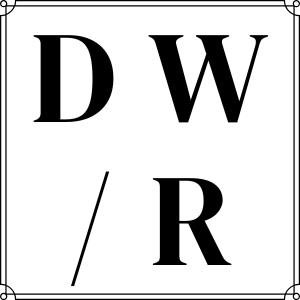Learning to Unlearn the Teaching and Assessment of Academic Writing
The last two years have raised important questions about how we can make the teaching of academic writing more equitable. In fact, the current moment invites us to “learn to unlearn” ways of teaching academic writing that perpetuate inequity. In…
তালিকাভুক্ত Article | গোষ্ঠী দ্বারা প্রকাশনা Discourse and Writing/Rédactologie
সংস্করণ 1.0 - প্রকাশিত উপরে 10 Jul 2025 doi: 10.31468/dwr.977 - cite this
লাইসেন্সকৃত Creative Commons BY-SA 4.0
বর্ণনা
The last two years have raised important questions about how we can make the teaching of academic writing more equitable. In fact, the current moment invites us to “learn to unlearn” ways of teaching academic writing that perpetuate inequity. In this reflective article, I draw on decolonial theory and antiracist theory to unwind the ways coloniality has shaped the way that I have taught scientific writing for two decades. This work begins with a discussion of the idea of learning to unlearn from decolonial theory. I then examine how that perspective can change the way we teach scientific communication—for example, in contextualizing the development of scientific knowledge as a series of epistemological developments and exchanges, rather than from a zero point of Western thought. Spiraling outward from the classroom, I reflect on how scientific writing is part of a larger matrix of institutional structures that unwittingly compound colonial legacies inequities. In the end, if we are to address inequity in the teaching and assessment of academic writing in new ways, then we need to acknowledge and challenge the legacies of coloniality in the teaching and assessment of academic writing.
এই কাজটি উদ্ধৃত করুন
গবেষকদের এই কাজটি উদ্ধৃত করতে নিম্নলিখিতভাবে উল্লেখ করতে হবে:
- Poe, M., (2025), "Learning to Unlearn the Teaching and Assessment of Academic Writing", HSSCommons: (DOI: 10.31468/dwr.977)
ট্যাগ
নোটস
Original publication: Poe, Mya. "Learning to Unlearn the Teaching and Assessment of Academic Writing." Discourse and Writing/Rédactologie, vol. 32, 2022, pp. 161-190 . DOI: 10.31468/dwr.977. This material has been re-published in an unmodified form on the Canadian HSS Commons with the permission of Discourse and Writing/Rédactologie. Copyright © the author(s). Work published in DW/R is licensed under the Creative Commons CC BY-SA license
প্রকাশনা প্রাকদর্শন
Discourse and Writing/Rédactologie
This publication belongs to the Discourse and Writing/Rédactologie group.
When watching a publication, you will be notified when a new version is released.
